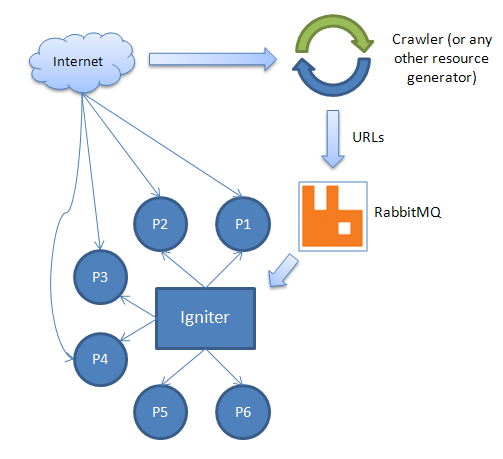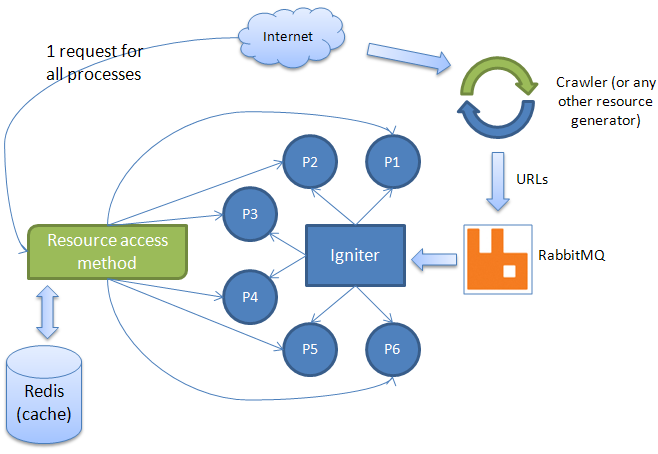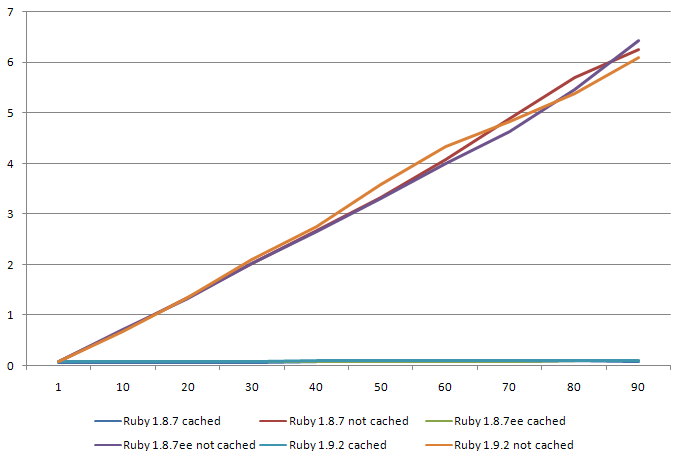In one of my projects, I have a VPS with low I/O, so I decided to move from disk cache to something else. Since I use some Regexps in expire_fragment method, I've decided to use Redis-store. It gives me exactly what I need:
- Performance
- Persistence
- I already know Redis ;)
- I use Redis in the same project for other purpose
- "Almost" working Regexp support
expire_fragment with Regexp why aren't you working?
After view minutes with Redis-store source code, I've figured out why ;) Well, it uses native Redis KEYS method to get all the matching keys and it expires them. Unfortunately KEYS don't support Regexp matching :( Instead it works with wild-cards matching and the same goes for Redis-store.
Quick fix
Ok, this isn't so bad. My Regexps are relatively simple and there's not to much of them, so converting them should not be a problem. Most of the time I expire fragments outside controllers, so I've created an additional layer in the expire process (read more about this issue). We just need to map all the Regexps into an "Redis acceptable" form. As I mentioned above, my Regexps are simple, so mapping them was really easy (few examples):
/announcements-index/ => "*announcements-index*" /weekly-topics-index/ => "*weekly-topics-index*"
Ruby code for such conversions looks like this:
fragment = "*#{fragment.to_s.split(':').last.gsub(')', '')}*"
this solution works for simple Regexps and it works for me. Unfortunately this isn't the only issue with Redis-store. I've overwritten the expire_fragment method for my layer:
def expire_fragment(fragment, options = nil)
if Rails.configuration.cache_store == :redis_store
if fragment.is_a?(Regexp)
fragment = "*#{fragment.to_s.split(':').last.gsub(')', '')}*"
end
end
super
end
But still only direct cache hits expire would work.
cache_store.delete_matched doesn't work?
Expire_fragment method under ActionController::Caching looks like this:
def expire_fragment(key, options = nil)
return unless cache_configured?
key = fragment_cache_key(key) unless key.is_a?(Regexp)
instrument_fragment_cache :expire_fragment, key do
if key.is_a?(Regexp)
cache_store.delete_matched(key, options)
else
cache_store.delete(key, options)
end
end
end
So, as you can see, the delete_matched method is invoked only when we pass a Regexp. But hey! we never pass one :( we pass a string with a wild-card and it tries to expire it using the delete method. Luckily patching this is really simple:
module ActiveSupport
module Cache
class RedisStore < Store
def delete(key, options)
delete_matched(key, options)
end
end
end
end
And that's all :) After applying both presented here solutions, Redis-store should work with simple Regexps without any problems.


